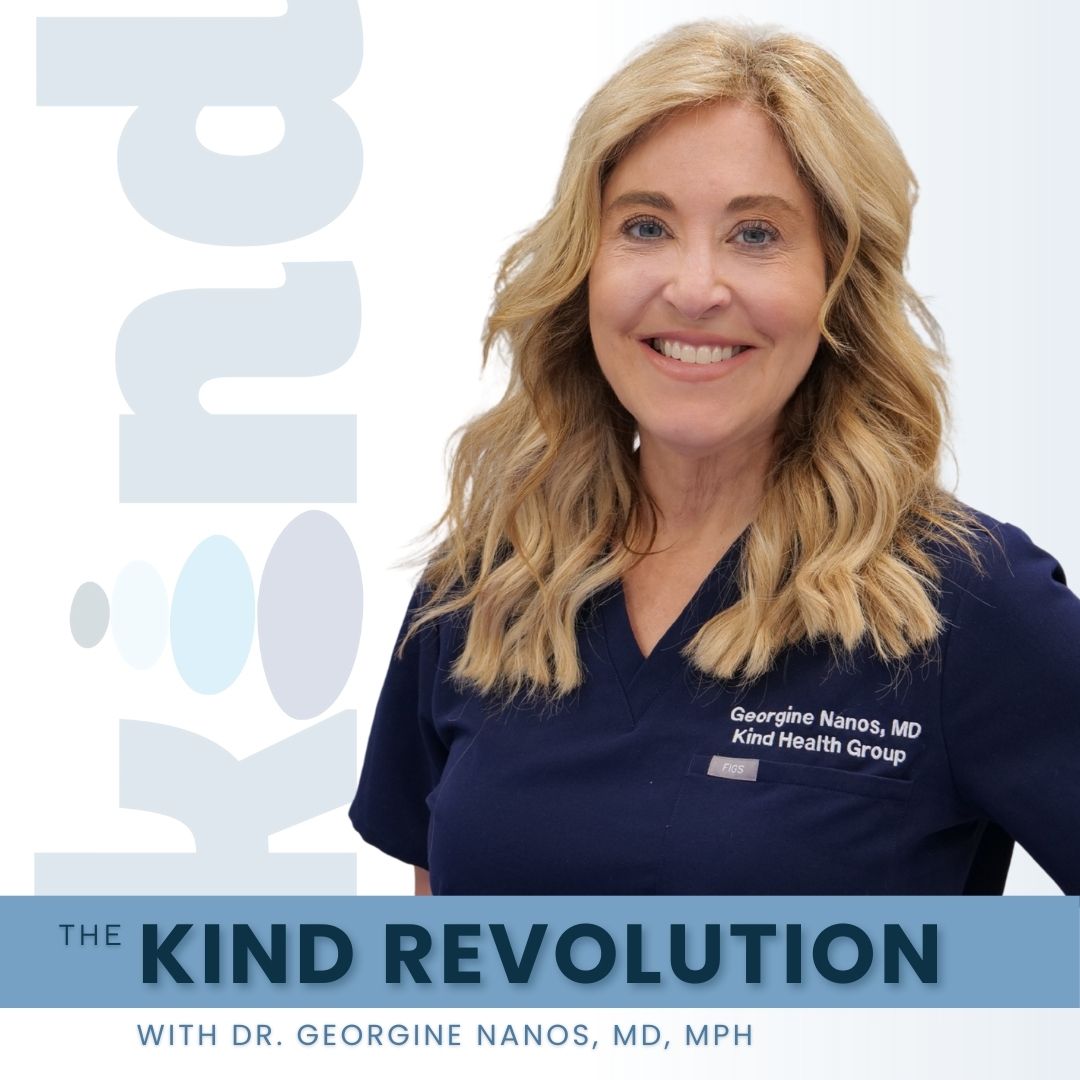Stop Calling It Depression
October 6, 2025

In this blog, you will find:
- Why Amanda, a successful attorney, was prescribed three antidepressants for symptoms that weren't depression - and what was really happening to her brain
- How estrogen fluctuations during perimenopause disrupt neurotransmitter function, causing cognitive symptoms that get mislabeled as psychiatric disorders
- Why the medical system defaults to antidepressants for women's brain fog and mood changes instead of investigating hormonal causes
- How TMS helps women's brains adapt to hormonal changes without the side effects of psychiatric medications
- The difference between clinical depression and neurological responses to estrogen fluctuations - and why getting this right changes everything
___________________________
Woman walks into my office. Accomplished attorney. Two kids, successful practice, husband she adores. Crying before she even sits down.
"They want to put me on my third antidepressant this year," she says. "But I'm not depressed. I love my life. I just can't think anymore."
Can't think. Period.
This is what's driving me absolutely insane about medicine right now. We see a woman in her forties with brain fog and mood swings, and we slap a depression label on her faster than you can say Zoloft.
Amanda - that's her name - used to negotiate million-dollar contracts without breaking a sweat. Sharp as hell. Could remember every detail, every clause, every precedent. Then about eighteen months ago, something shifted.
Brain fog so thick she'd lose her train of thought mid-sentence during depositions. Fatigue that sleep couldn't touch. Mood swings that came out of nowhere - not sadness, but this overwhelming feeling that her brain was betraying her.
Her primary care doctor heard "mood changes" and immediately reached for antidepressants. First one didn't work. Must need a different one. Second one made her feel like a zombie. Obviously she wasn't taking them correctly.
Nobody - and I mean nobody - bothered to ask when these symptoms started. Nobody connected the timing to her periods becoming irregular. Nobody considered that her brain might be responding to hormonal chaos.
Because here's what they don't teach in medical school: estrogen isn't just about periods and hot flashes. It's one of the most powerful neuroprotective agents your brain has. When it starts fluctuating during perimenopause - which can begin in your late thirties, by the way - your brain feels every single dip and spike.
Serotonin production gets disrupted. Dopamine pathways go haywire. GABA receptors stop functioning optimally. You might feel depressed, but you're not clinically depressed. You're neurologically responding to hormonal changes that nobody warned you about.
The medical system doesn't have time for this complexity. Fifteen-minute appointments don't allow for connecting dots between irregular periods and cognitive symptoms. It's easier to prescribe antidepressants than figure out what's actually happening to a woman's brain during hormonal transition.
Amanda spent eighteen months on medications that made her feel disconnected from her own life. Gained twenty pounds. Lost interest in work she used to love. Started questioning her own competence.
"The cure was worse than the problem," she told me. "At least before, I knew something was wrong. On the medications, I felt like nothing mattered."
This is where TMS changes everything for women dealing with hormone-related brain symptoms. Instead of flooding your entire system with medications that affect everything, we use targeted magnetic pulses to help specific brain regions adapt to hormonal changes.
Think of it like this: your brain is trying to function with dramatically different fuel than it's used to. TMS helps it learn how to run efficiently on this new fuel instead of sputtering and stalling.
Amanda was skeptical. Who wouldn't be after getting burned by promises that treatments would help but only made things worse?
TMS felt like nothing. Gentle magnetic pulses targeting areas responsible for focus and emotional regulation. No side effects. No personality changes. No wondering if the treatment was actually doing anything.
Three weeks in, breakthrough. The crushing afternoon brain fog lifted. Her ability to concentrate during long meetings returned. Most importantly, she felt like herself again - not artificially happy, just cognitively clear.
Two months later, she called me from court after winning a complex case. "I felt sharp again," she said. "Like my brain was working with me instead of against me."
But here's what makes my blood boil: Amanda lost a year and a half of optimal cognitive function because her doctors couldn't be bothered to consider that brain symptoms in a perimenopausal woman might be hormonal rather than psychiatric.
This happens thousands of times every year. Accomplished women get labeled as depressed when they're actually experiencing the neurological effects of estrogen fluctuations. They get medicated for psychiatric conditions they don't have while the real cause goes completely unaddressed.
Your brain fog isn't depression. Your concentration problems aren't mental illness. Your cognitive changes aren't personal failure. If these symptoms started around the time your hormones began shifting, you don't need psychiatric medication. You need neurological support for a brain adapting to biological changes.
Stop accepting depression diagnoses for hormonal brain symptoms. Start demanding doctors who understand the difference between psychiatric disorders and neurological responses to hormonal transitions.
Because when we get this right - when we support women's brains through hormonal changes instead of medicating them for fake psychiatric conditions - everything changes. Careers get saved. Confidence returns. Women get their minds back.
This is what happens when brain health gets the nuanced, scientifically-informed care it deserves instead of lazy psychiatric shortcuts.









